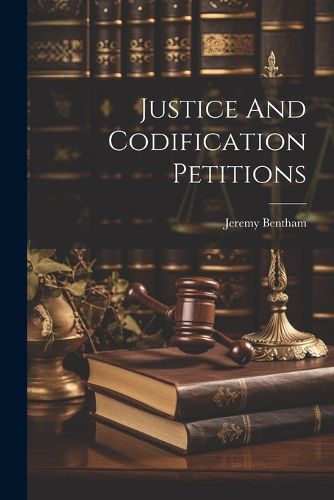This collection of petitions by Jeremy Bentham is a pioneering work in the field of legal reform, jurisprudence, and codification. Bentham, the founder of utilitarianism, argues that laws should be simple, rational, and based on the principle of greatest happiness. His petitions challenge the antiquated and unjust legal system of his time and propose a new model of legal governance.
This work has been selected by scholars as being culturally important, and is part of the knowledge base of civilization as we know it.
This work is in the "public domain in the United States of America, and possibly other nations. Within the United States, you may freely copy and distribute this work, as no entity (individual or corporate) has a copyright on the body of the work.
Scholars believe, and we concur, that this work is important enough to be preserved, reproduced, and made generally available to the public. We appreciate your support of the preservation process, and thank you for being an important part of keeping this knowledge alive and relevant.





